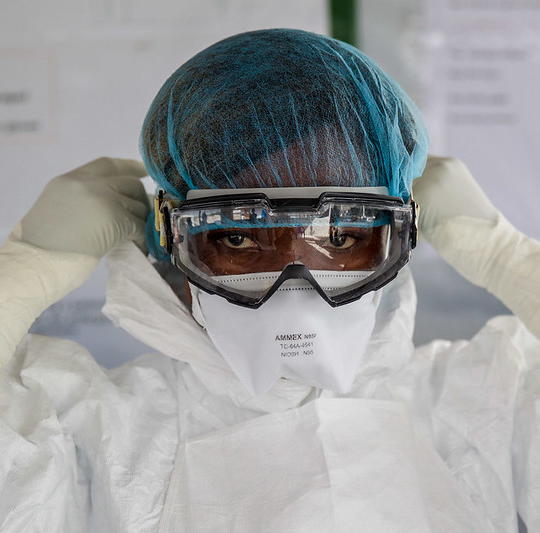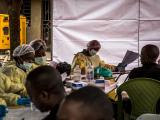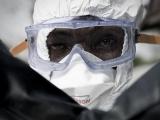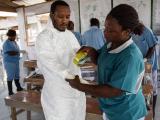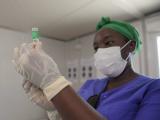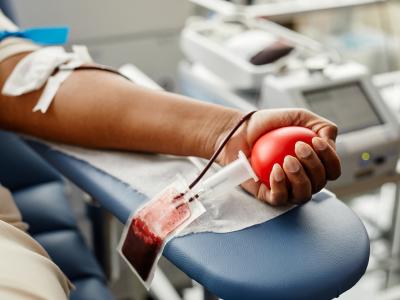Uganda's health ministry today reported a steady surge in Ebola Sudan cases in the past few days, bringing the total to 36 of which 23 (64%) have proved fatal.
In another worrying development, the ministry said yesterday that illnesses have been reported in two more locations, as the affected area expands. Just 4 days ago, only seven cases and one death were confirmed.
The outbreak involving the rarer but still deadly Ebola strain initially involved people from Mubende, located west of the capital city of Kampala. However, yesterday the country's health ministry said cases were reported in Kyegegwa, a city on a busy road west of Mubende, and Kassanda, located just east of Mubende.
Infections spike in high-risk area
On Twitter today, the health ministry said 2 new cases were confirmed, putting the outbreak total at 36 cases, 18 of them confirmed and 18 listed as probable. So far, 23 patients have died, including 5 who had confirmed Ebola infections.
Thirty-five people have been admitted for medical care.
Last week, the World Health Organization (WHO) said the outbreak location poses a risk of further spread, because it is on a busy road that leads to the Democratic Republic of the Congo and because the area contains gold mines that attract people from within and outside of Uganda.
The WHO said in an update today that preliminary investigations identified a number of community deaths in Madudu and Kiruma subcounties of Mubende district that were reported in the first 2 weeks of September. It added that the deaths are now considered to be probable Ebola Sudan cases. Deaths that occur in the community pose a high risk of community spread.
Of the 18 lab-confirmed cases reported so far, 3 are from Kyegegwa and 1 is from Kassanda. Of the confirmed and suspected case-patients, 62% are female, and the median age of patients is 26 years. The case-fatality rate among confirmed cases is 28%. So far, health officials have recorded 223 contacts.
The WHO said seven Ebola Sudan outbreaks have been reported since 1976, four in Uganda and three in Sudan. It estimates that the case-fatality rate ranges from 41% to 100%, based on information from past outbreaks.
The virus is thought to jump to humans through close contact with blood, secretions, or other body fluids from infected animals, which can include fruit bats, non-human primates, forest antelope, or porcupines found sick or dead in the rainforest. Like Ebola Zaire, responsible for large outbreaks in West Africa and in the DRC, the virus spreads among humans through infected body fluids.
Virus may have circulated undetected for weeks
The WHO said the risk to Uganda is high, since there is no vaccine and that the outbreak may have started 3 weeks before the first case was detected, raising the possibility of several undetected transmission chains. The patients who died earlier were buried with traditional practices and ceremonies involving large gatherings.
Though Uganda has shown a strong capacity for responding to Ebola outbreaks in the past, the system could be overwhelmed if cases spike dramatically and the outbreak expands further, the WHO warned.
"In addition, the outbreak was detected among individuals living around an active local gold mine. Mobility among traders of this commodity is likely to be high, and the declaration of the outbreak may cause some miners already incubating the disease to flee," it said.
MSF setting up treatment center
Doctors Without Borders (MSF) also said it is putting together a team of health workers, epidemiologists, and logisticians who are have experience with hemorrhagic fevers to start work this week.
In a recent statement, MSF said Uganda's health ministry asked the group to help support its outbreak response. An MSF team traveled to Mubende on Sep 21 to assess the situation, including at the hospital where the first case was detected.
MSF said it has started setting up and an isolation and treatment center in the Mubende hospital and that its teams are weighing the possibility of setting up a second center in the town of Madudu. The town is about 15 miles north of where the first patient was from and where several suspicious cases have been reported.
